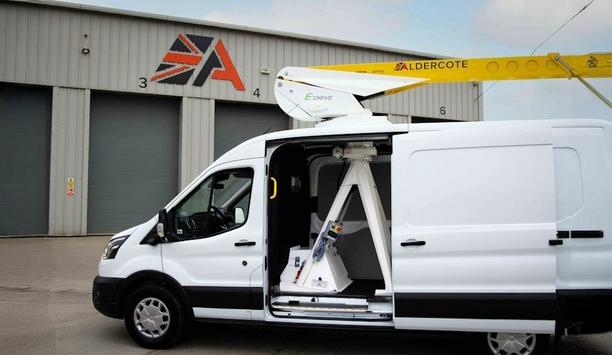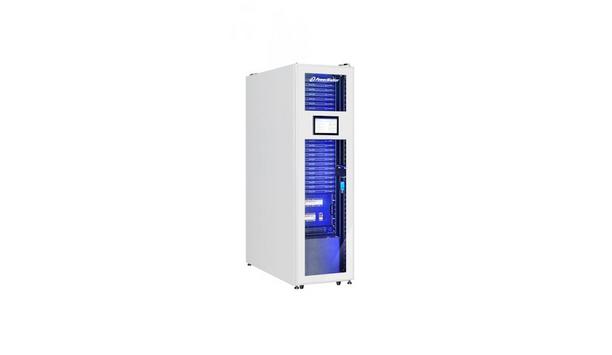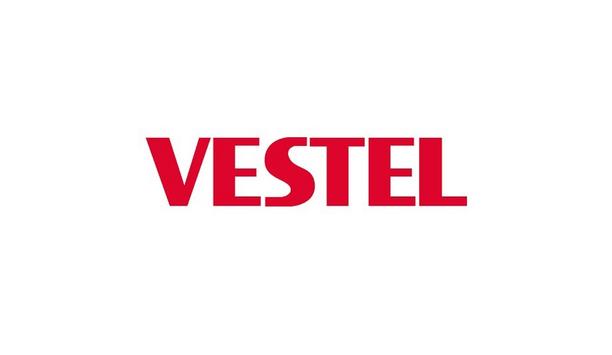Sustainability significantly determines the direction in politics and business. At this year's EXPO DUBAI, an evening with start-ups from Berlin and the United Arab Emirates (UAE) was filled with ideas about how innovations can contribute to sustainability.
The topic of smart farming received special attention. New concepts in agriculture, such as LED horticulture, raise hopes of securing food for billions of people, while at the same time, being able to use limited resources
Addressing huge challenges
Alexander Gerfer, CTO of the Würth Elektronik eiSos Group, focused on the topic of smart farming in his presentation. Gerfer explained how intelligent solutions for agriculture help to address the huge challenges of feeding the world's population, while conserving resources such as soil, energy, and water.
Gerfer used current figures to underline the importance of commitment in this context to feeding the world's population, saying "Today, 7.7 billion people live on our planet; by 2050, this figure will rise to almost ten billion. That's why we are working intensively on new concepts for agriculture." This includes LED Horticulture, an innovative technology that has emerged from a collaboration between Würth Elektronik and biologists and agricultural experts.
Lighting solution providers
Gerfer says LED horticulture allows plants to be grown close to consumers in cities and urban centers
LED Horticulture takes advantage of the fact that the growth of plants and the composition of their nutrients relevant to humans can be specifically optimized by the controllable light of LEDs, and sustainably so; the LEDs save around 70 percent energy, minimize CO2 emissions by up to 90 percent, limit the use of pesticides and fertilizers, and minimize water and land consumption by around 98 percent compared to conventional cultivation methods.
In addition, Gerfer says LED horticulture allows plants to be grown close to consumers in cities and urban centers to shorten transportation distances. Würth Elektronik also lives up to its responsibility for the environment and society because its horticulture know-how is shared with lighting solution providers and developers specializing in agricultural solutions.
International fashion start-up
Anna-Franziska Michel, founder, and CEO of YOONA Technology, was among the other representatives of the 15 or so start-ups in the Berlin delegation at EXPO DUBAI 2022.
She impressively illustrated how new technologies such as Artificial Intelligence (AI) are impacting sustainability at the international fashion startup. A speaker from the UAE's Ministry of Climate Change & Environment, in turn, spoke about the importance of sustainability for international companies in the Arab country and what companies and startups are currently working on there.



